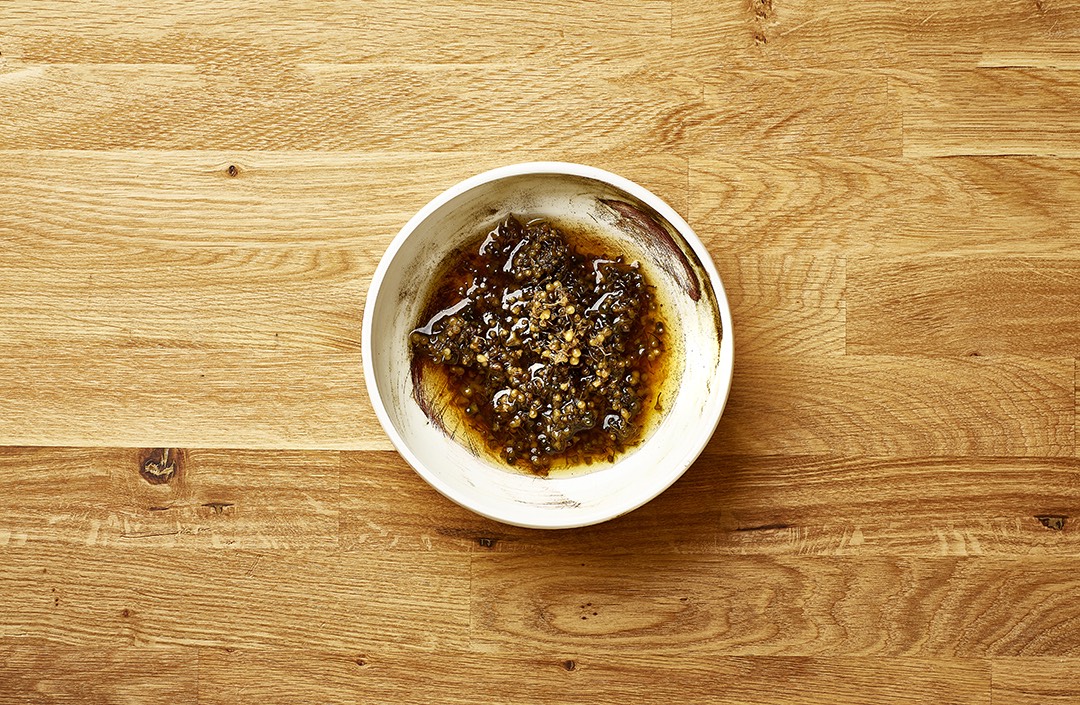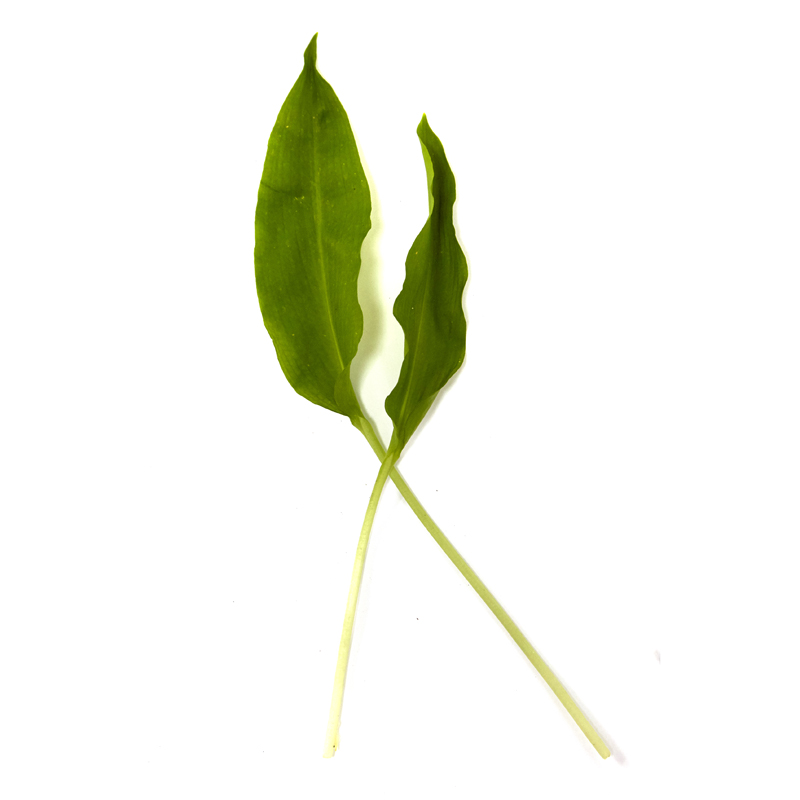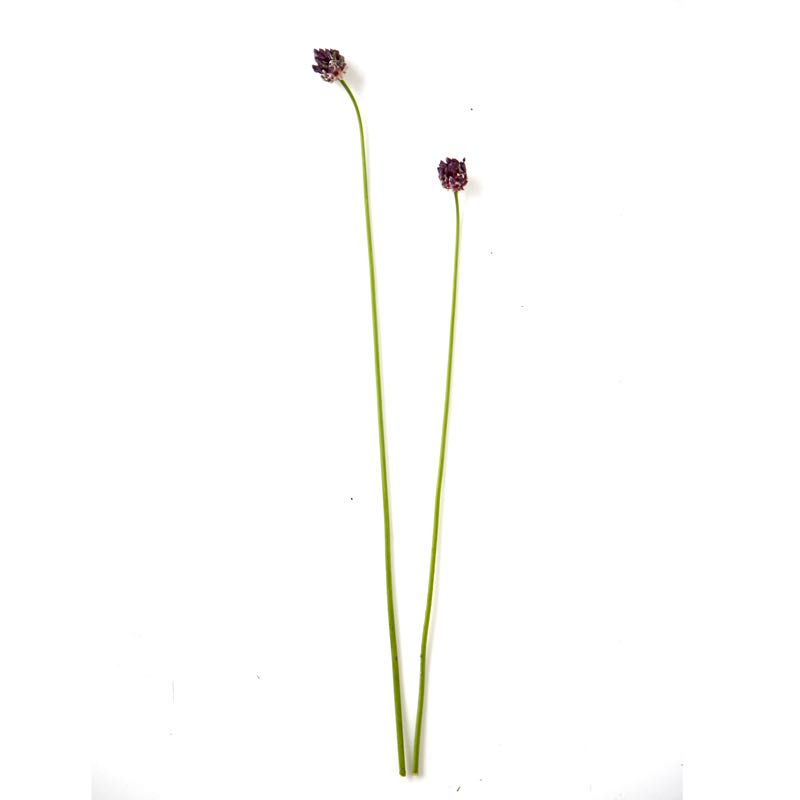
 Medium
Medium
Ramson capers
Ingredients
- 300 g ramson seed pods
- 100 g salt
For the vinegar brine
- 400 ml vinegar
- 100 ml water
- 100 g sugar
Equipment
- Airtight container
- Preservation jar
Directions
- Take the ramson seed pods, remove all stalks, and rinse in a strainer.
- Put the seed pods in a container and mix with salt.
- Put the lid on, making sure it is airtight, and store in the fridge for a month. Shake the container once a week.
- After a month, make the brine by boiling vinegar, water, and sugar in a pot.
- Rinse the salt-cured ramson capers.
- Let the brine cool, then add rinsed capers.
- Put the capers with vinegar in a preservation jar and store somewhere dark. The capers can be used straight away, but only improve in taste over time.
Tips
Use the capers to give a number of different dishes a sour twist. Add to salads, dressings, or to butter sauces.

Professionel forager
Thomas Laursen
wildfooding.dk
Thomas Laursen is founder of Wildfooding, a company that delivers to a range of the best restaurants in Denmark. Thomas forages for herbs, berries, roots, fruits, mushrooms, and seaweed all year around, and has been a part of the Danish foraging movement for years. Furthermore, Thomas works as a consultant, and you will often find him teaching cooking classes or giving keynotes at different events. Thomas is a school teacher by trade, and has worked as a chef for several years. In 2017, He published his first book about wild food.



